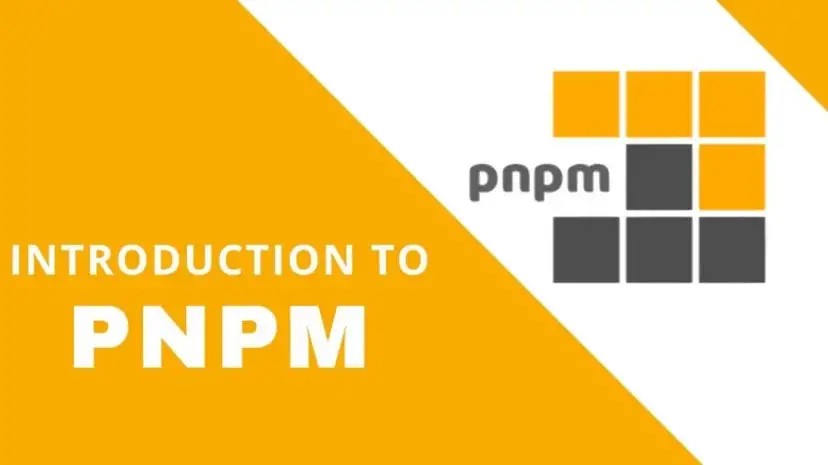
PNPM - Overview
Pnpm is a package manager for JavaScript and Node.js that aims to be faster, more efficient, and easier to use than npm, the default package manager for Node.js.
One of the main benefits of pnpm is its ability to save space on your hard drive. Unlike npm, which installs each package in its own separate directory, pnpm uses a single, shared store for all packages. This means that if multiple packages depend on the same package, pnpm will only store it once in the shared store, rather than creating multiple copies of the same package in different directories. This can result in significant savings in disk space, especially for projects with many dependencies.
Another advantage of pnpm is its speed. Pnpm uses hard links and symlinks to create the illusion of multiple copies of a package, while only storing one copy on disk. This means that installing, updating, and removing packages is much faster with pnpm than with npm. Pnpm also has a built-in cache, which can further improve performance by avoiding the need to download packages from the internet each time they are needed.
In addition to its performance benefits, pnpm has a number of other features that make it a good choice for many developers. For example, it has support for workspaces, which allow you to manage multiple packages within a single repository. It also has a powerful command-line interface, with commands for tasks such as running scripts, building packages, and generating lockfiles.
Overall, pnpm is a powerful and efficient alternative to npm that can save you time and space when managing dependencies for your Node.js projects. Whether you’re a seasoned developer or just starting out, it’s worth considering pnpm as a tool in your toolkit.